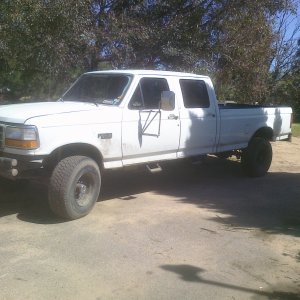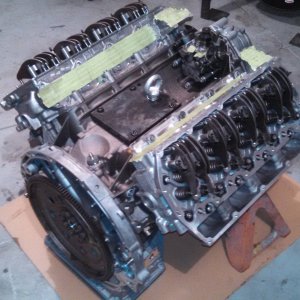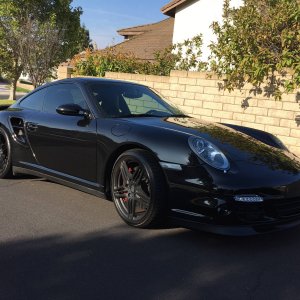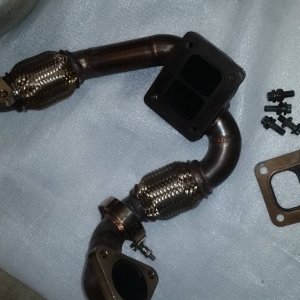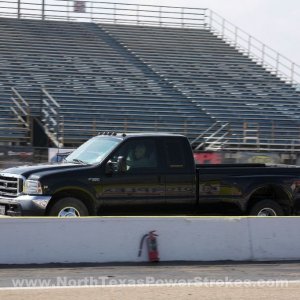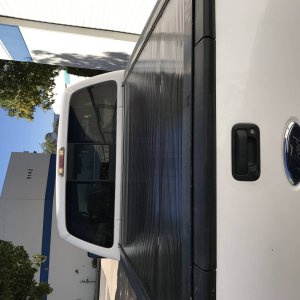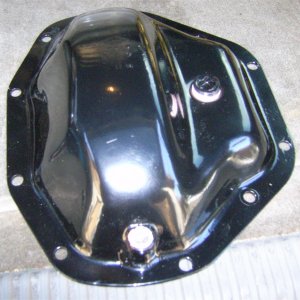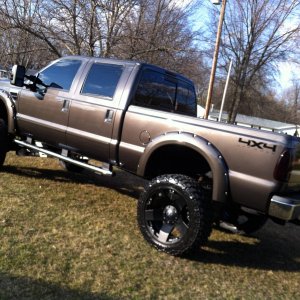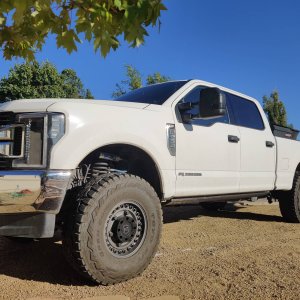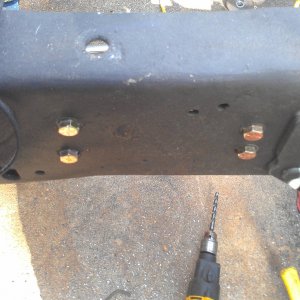You are confused. The typical Zero-gap setup consists of the a Keystone top ring followed by a zero-gap 2nd. I haven't seen any reliability issue so far at 100K miles.
I'm not confused. No worries. The acidic properties of the gas to flow past the piston into the crankcase to keep the ring lands alive for longevity and soot loading are the reason for "bypass"
What do engineers know anyways! Lol.... goofballs... always inventing worthless things in engine designs.
I say that with the attitude of jesting.
Gapless rings are well known to cause issues. High hp small block gas racing boys use them and they perform flawlessly. They also don't intend on having them in for any length of mileage but rather measured in passes.
My point is for the man or women worried about reliability and longevity. Stock rings (made note to keystone for education purposes) are best suited even for the 800hp crowd. Just run a larger ccv. And that's because the fact of the matter is they are not toying with 800hp but a very small percentage of time. So why run a ring or rings that are designed for the 2% of time that engine will see 800hp unless it's a dedicated track truck and one has no worries of longevity.

